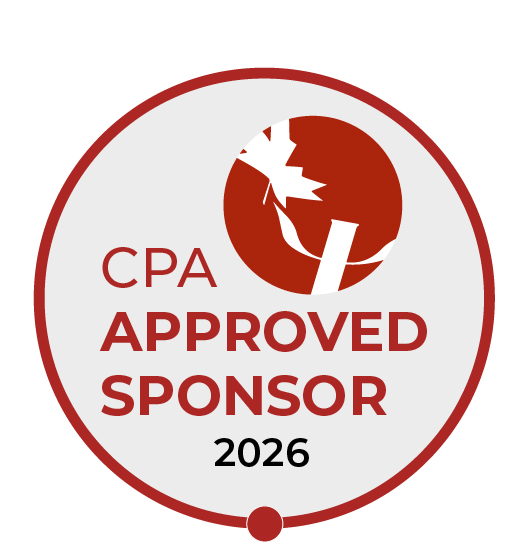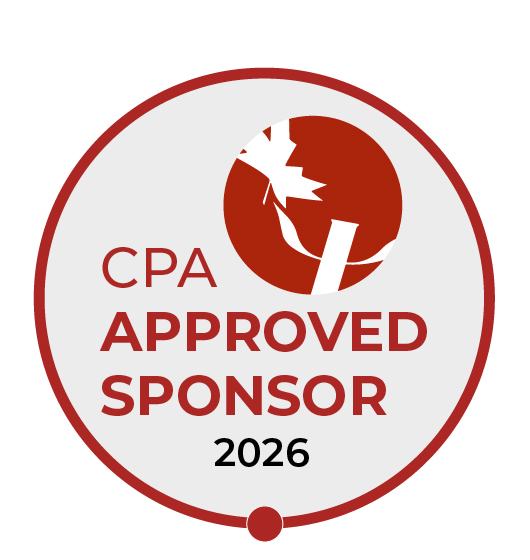ASD v. ADHD Differential Diagnosis Training
A dynamic and comprehensive virtual training program is critical for anyone needing to differentiate autism from ADHD and other comorbid disorders.
Pre-Approved for 12 CEUs

🧩 Is it hard to differentiate between autism and ADHD? And giftedness?
🧩 Do you know what other conditions can mimic autism and how to tell them apart?
🧩 Do you know how to detect the subtle signs of autism in females?
🧩 Do you know what assessment tools are most appropriate for girls?
🧩 Do you worry about misdiagnosing a child or missing a diagnosis altogether?
If you have ever felt stuck when assessing a child for autism and/or ADHD, this training is for you.
Differential Diagnosis is Complex
There is no lab test for autism – the diagnosis is given after careful observation of symptoms and behaviours.
However, how can you tell if someone has autism if they have become experts at masking their autistic traits?
How can you tell if the autism symptoms are actually something else? (After all, autism overlaps with, and is often overshadowed by, other conditions.)
Unfortunately, the growing number of autism misdiagnosis cases is becoming a major cause for concern.
Professionals who do not understand these subtleties and how they present across populations, or how they differentiate from other diagnoses with overlapping symptoms, perpetuate the problem.
There is a widespread unfamiliarity with the subtle presentation of autism which can be easily mistaken for other mental health and behavioral disorders that share similar characteristics.
Additionally, many professionals are trained in diagnosing autism using assessments and diagnostic criteria that are based on male samples. Without understanding the female presentation, their autism is overlooked or misdiagnosed.
When anyone is treated for something they don’t have (or don’t get support for challenges they do have), they struggle to adapt. They (and their families!) are left to feel stressed and overwhelmed.
This is an advanced training session for professionals with considerable knowledge and experience in neurodiversity and formal testing including psychologists, psychiatrists, physicians, pediatricians, educators, occupational therapists, and speech-language pathologists.
The focus of this training is to enhance your clinical capacity in making a differential diagnosis.
Individuals with less background in testing but who provide services for individuals and families affected by autism may take the workshop for informational purposes.
With the On Demand Training, you get access Dr. Buzanko's most recent workshop or get on her waitlist for her next LIVE training!
Cost: 2 DAY: $1297
Special ON DEMAND pricing NOW for: $697
Include a list of items to support the central theme of your page. Bulleted lists are a great way to parse information into digestible pieces.
Distinguish key features of a comprehensive diagnostic approach and enhance current autism and ADHD assessment practices
Understand DSM-5 limitations related to varied presentations, including the female profile
Operationalize diagnostic criteria for ASD and ADHD
Identify symptoms unique to autism and ADHD and differentiate their overlapping symptoms
Identify issues related to differential diagnosis from other comorbid disorders and complex clinical situations
Individualize recommended screening and diagnostic psychometric tools for autism and ADHD depending on client presentation
Explain the differences between male and female presentations of autism (and why it’s problematic to compare the two)
Confidently engage in the clinical decision-making process in ruling out or confirming an autism and/or ADHD diagnosis
The course material is presented using a combination of didactic teaching, taped demonstrations from real-life clinical sessions, and case studies.
You will also have the opportunity to ask Dr. Buzanko questions at any time throughout your training.
There are accompanying, downloadable materials included to assist clinicians in their practice and to supplement the teaching process.
Day 1
You will learn everything you need to know to differentiate autism from ADHD and other comorbid disorders.
You will also learn how to effectively communicate assessment results to parents, teachers, and the child in both written and oral feedback (even if they have a hard time accepting the diagnosis).
Day 2
You will extend your learning by engaging in case study discussions based on histories, observations, and video assessments with various populations. You will have the opportunity to observe and differentiate clinical presentations of ADHD, anxiety, giftedness, and/or ASD and discuss the interpretation of the results of the assessment.
Award Winning Psychologist & Accredited Trainer Dr. Caroline Buzanko
 Dr. Caroline Buzanko was named Alberta's Psychologist of the Year in 2024 for her outstanding contribution to the field. In her clinical work, she specializes in the assessment and treatment of ADHD, autism, learning difficulties, anxiety, and behavioural disorders. Notably, she is a leading clinician and trainer in the differential diagnosis of ADHD, autism, and its related populations. She also offers therapeutic interventions to support anxious children, teens, and their families.
Dr. Caroline Buzanko was named Alberta's Psychologist of the Year in 2024 for her outstanding contribution to the field. In her clinical work, she specializes in the assessment and treatment of ADHD, autism, learning difficulties, anxiety, and behavioural disorders. Notably, she is a leading clinician and trainer in the differential diagnosis of ADHD, autism, and its related populations. She also offers therapeutic interventions to support anxious children, teens, and their families.
Dr. Buzanko is a sought-after speaker and accredited trainer who was featured on various media platforms as an expert on child and teen development. She has developed numerous training programs and workshops for parents, medical doctors, allied mental health professionals, and school professionals on topics related to ADHD, behaviour management, anxiety, autism, and learning difficulties.
Koru is approved by the Canadian Psychological Association to sponsor continuing education training programs. Koru maintains responsibility for this program and its content. A certificate of completion is available to attendees who attend the training and pass the post-test (80% or higher). Individuals with disabilities requiring special accommodations please contact Dr. Buzanko at [email protected]
